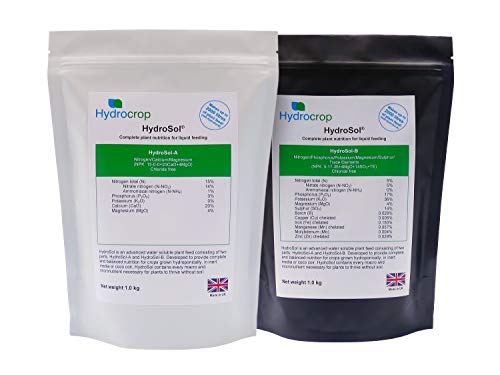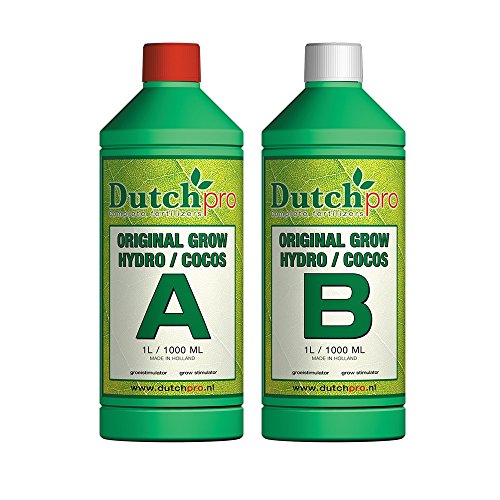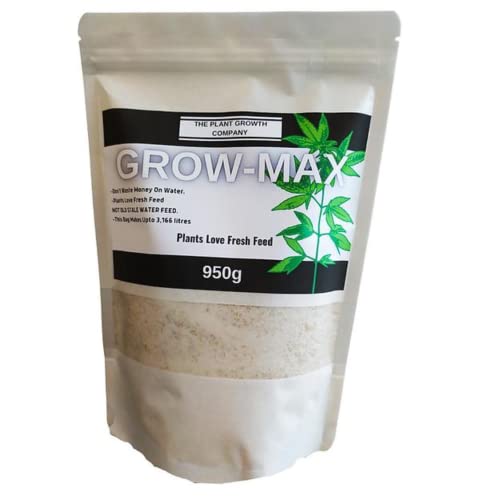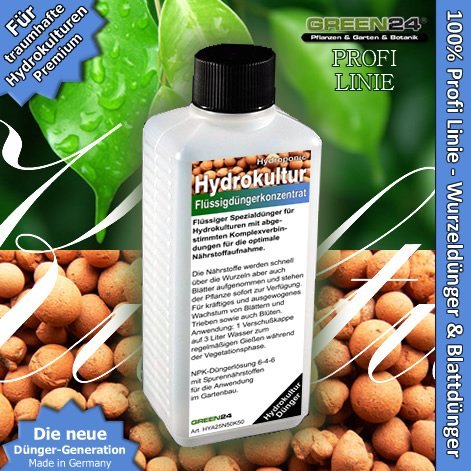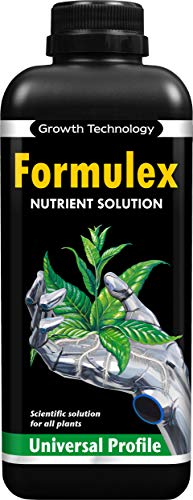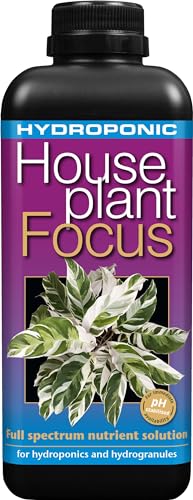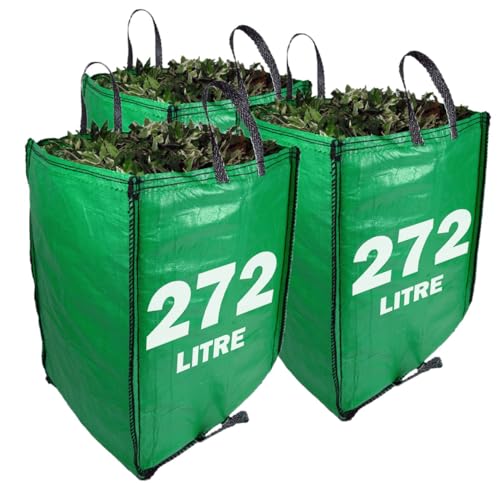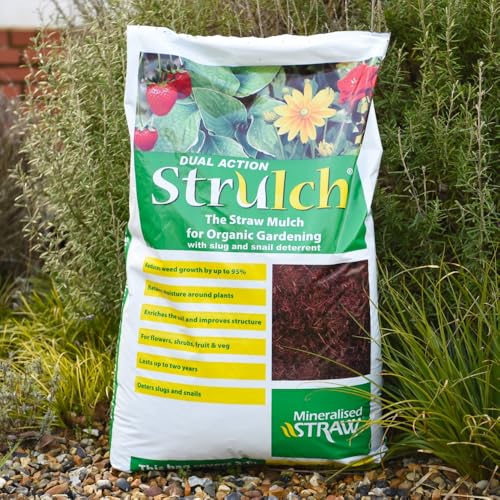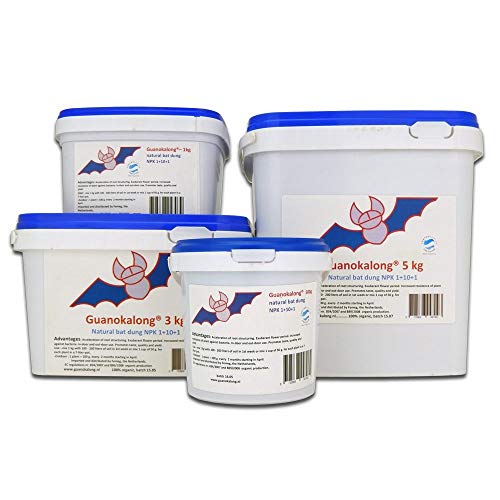Understanding Hydroponic Feed: The Essentials
What is Hydroponic Feed?
Hydroponic feed refers to the nutrient solutions specifically formulated to support plant growth in a soilless environment. These feeds provide essential elements like nitrogen, phosphorus, potassium, and various micronutrients, ensuring plants receive everything they need to thrive without the traditional soil medium.
Why Hydroponic Feed is Important
In hydroponics, plants rely solely on these nutrient solutions to absorb the necessary nutrients through their roots. As we control the water and nutrient levels, having a suitable hydroponic feed ensures they can flourish efficiently, maximizing growth rates and yield.
Choosing the Right Hydroponic Feed for Your Plants
Identify Your Plant Type
Different plants have varying nutrient requirements. Leafy greens like lettuce tend to require a different nutrient balance compared to fruiting plants such as tomatoes. Understanding what type of plants you are growing is the first step in selecting the right feed.
Understanding NPK Ratios
When selecting hydroponic feed, pay attention to the NPK ratios found on the packaging. This trinity of nutrients – nitrogen (N), phosphorus (P), and potassium (K) – plays a crucial role in plant health and development. For instance, higher nitrogen is vital during the vegetative stage, while phosphorus supports flowering and fruiting.
How to Use Hydroponic Feed Effectively
Dilution and Mixing Instructions
Each brand of hydroponic feed comes with specific dilution instructions, typically measured in millilitres per litre of water. It’s important to follow these guidelines closely, as improper mixing can lead to nutrient imbalances, negatively affecting plant growth.
Monitoring Nutrient Levels
Using a nutrient meter is essential in hydroponics. This tool helps us measure the electrical conductivity (EC) of the nutrient solution, which indicates its concentration. Regularly checking these levels allows us to adjust the feed accordingly to maintain optimal growth conditions.
Nutritional Needs of Different Plants in Hydroponics
Leafy Greens and Herbs
Plants like spinach and basil typically thrive on nutrient feeds that are high in nitrogen to promote lush, leafy growth. Look for feeds specifically formulated for leafy greens, which are often classified as being high in N.
Fruiting and Flowering Plants
For plants such as peppers, cucumbers, and strawberries, it is advisable to use hydroponic feeds that contain higher phosphorus levels during their blooming phases to support flower and fruit development, ensuring a bountiful harvest.
Top Hydroponic Feed Brands We Recommend
Popular Brand Choices
When exploring hydroponic feeds, consider well-known brands that focus on high-quality nutrient solutions. These brands often offer a range of formulations designed for specific plant types, making it easy to find the perfect match for your hydroponic garden.
What to Look for in a Brand
Look for brands that offer comprehensive nutrient solutions, including both macro and micronutrients. It is also beneficial to choose those that provide clear usage instructions and customer support, ensuring we can maximise our gardening success.

